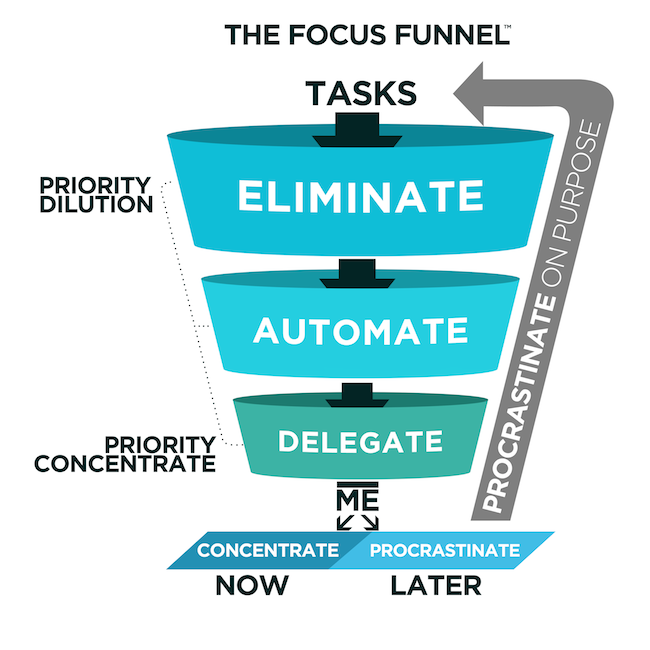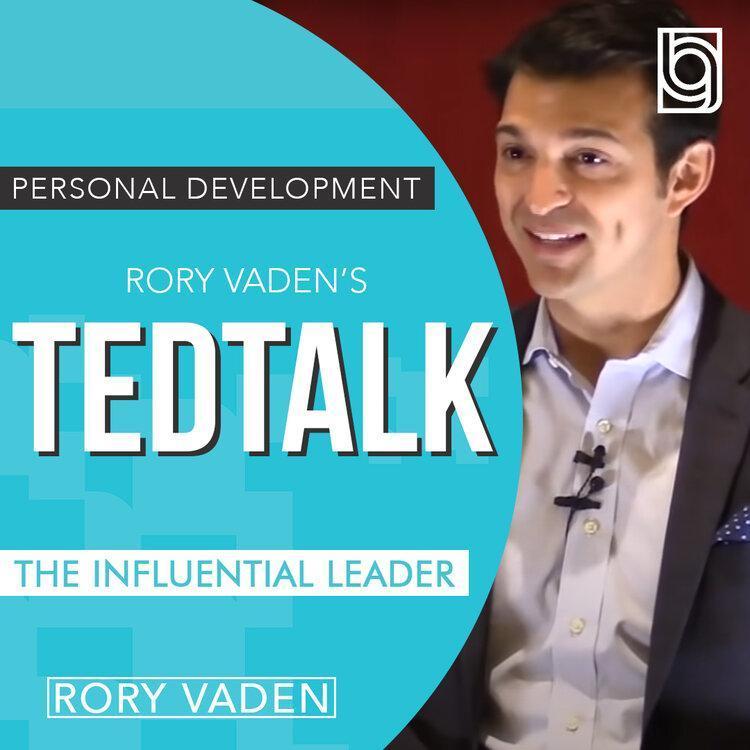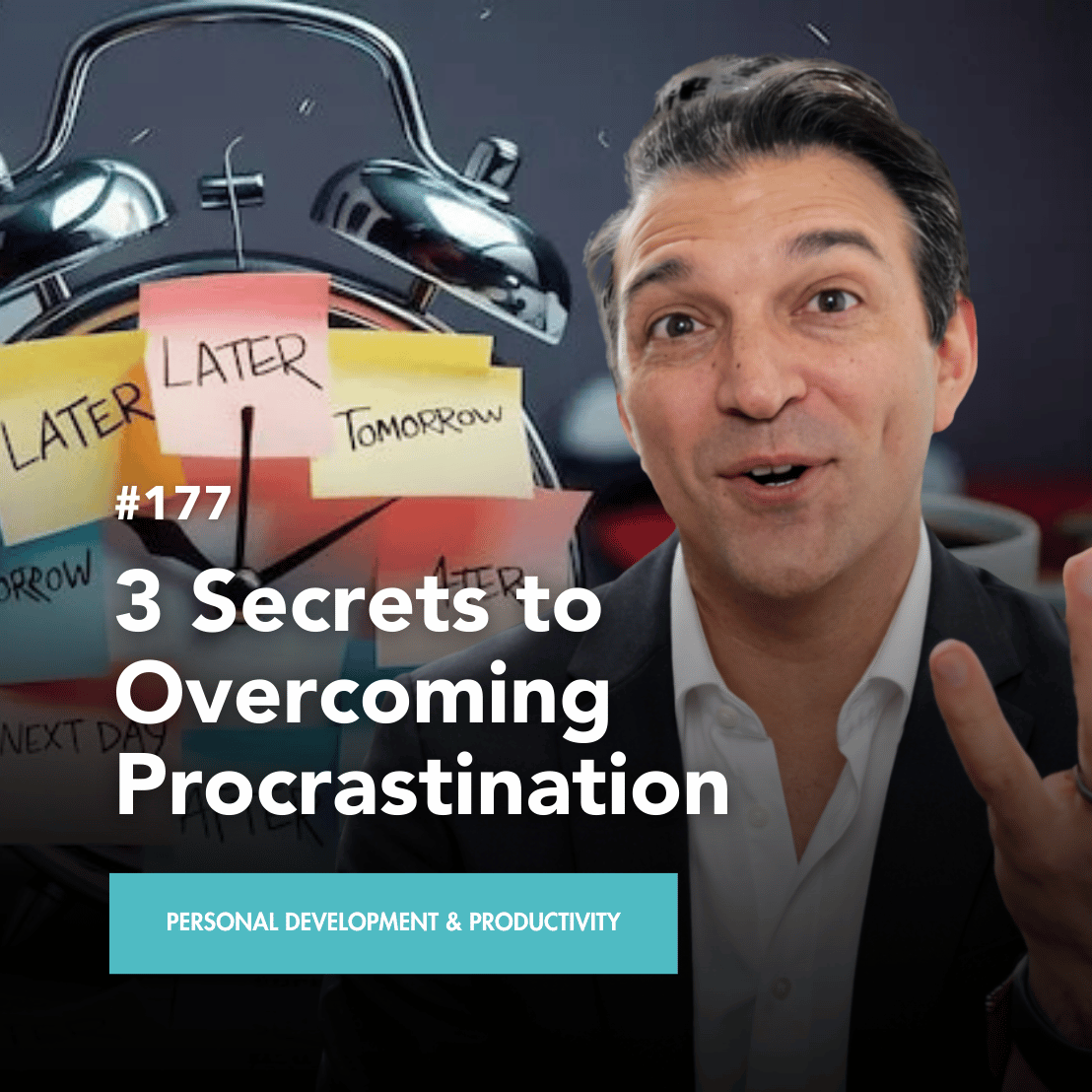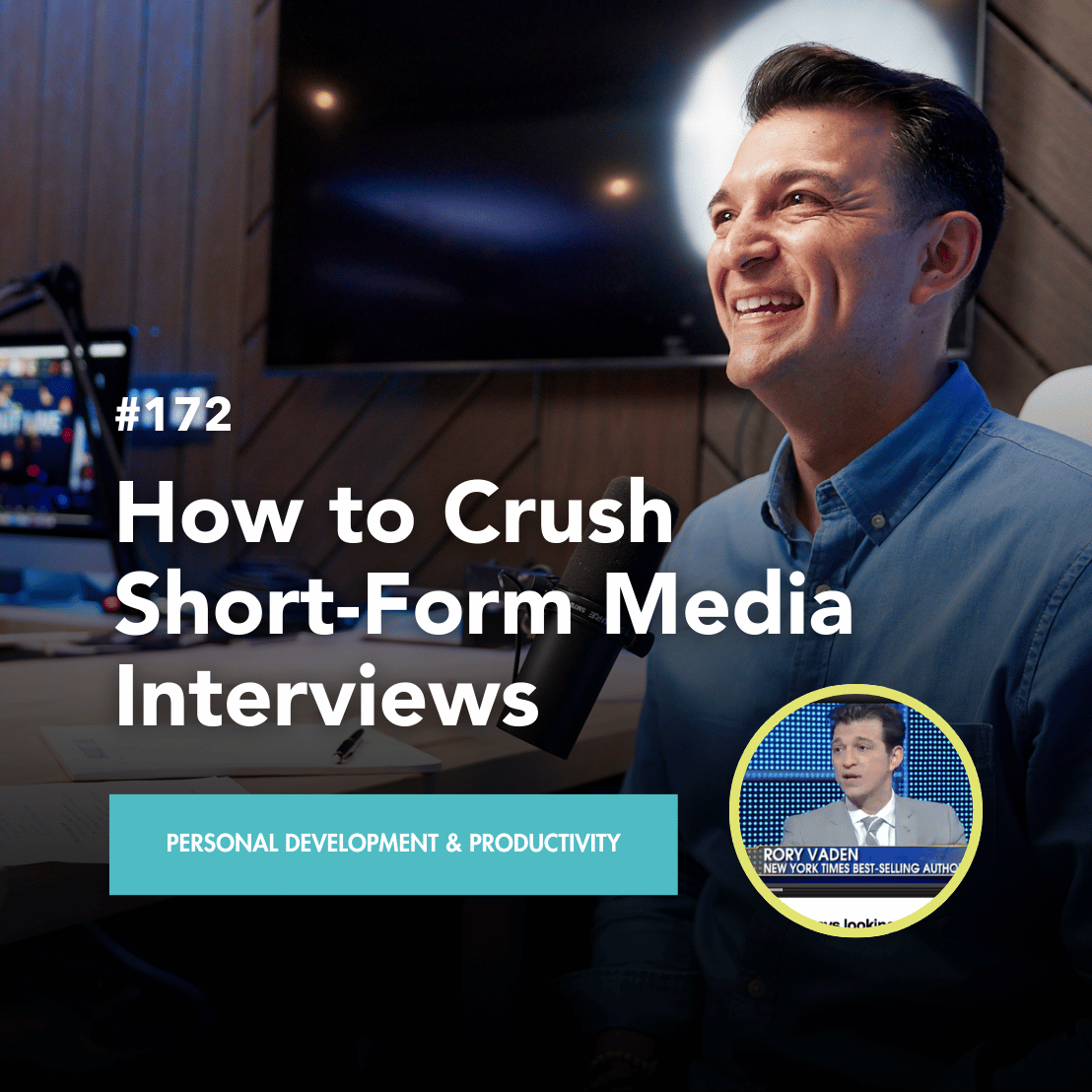The Struggle is Real
How is it that we have more tips, tricks, tools, technology, calendars, and checklists than ever before? And yet we still always seem to be behind?
How is it that we work longer hours and we are moving faster than we’ve ever moved in history, yet we never seem to be caught up?
How is it that we know more about time management today and yet stress is at an all-time high?
The reason why is because everything you know about time management is wrong.
Everything that you’ve ever heard about time management is all logical.
The tips, tricks, tools, technology, calendars, and checklists. It’s all logic.
However, time management is no longer just logical.
Today, time management is emotional and how our feelings of guilt, fear, worry, anxiety, and frustration dictate how we choose to spend our time on anything that is in our calendar and on our to-do list.
You cannot manage time. Time continues on whether we like it or not.
There is no such thing as time management; there is only self-management.
Synopsis of Time Management
Let’s do a quick history of time management theory.
In the late fifties and sixties, during the industrial revolution, early time management thought was one dimensional and based on efficiency.
And the idea with efficiency was that if we could develop tools and technology to help us do things faster, theoretically that would give us more time.
There’s nothing wrong with efficiency. And yet somehow, we’re still never caught up.
In the late eighties’ era, Dr. Covey introduced what we are referring to as two-dimensional thinking. He gave us something called the time management matrix, where the X axis was urgency and the Y axis was important.
This gave us a system for scoring our tasks. Based on how they scored in these two areas, we could prioritize tasks.
Prioritizing is all about focusing first on what matters most and it is as valuable a skill today as it ever has been in history.
Unfortunately, there is a massive limitation to prioritizing that nobody ever talks about.
There’s nothing about prioritizing that creates more time.
All prioritizing does is take item number seven on your to-do list and it bumps it up to number one, which is valuable in and of itself, but it doesn’t do anything inherently to create more time. And it does nothing to help you accomplish the other items on your to-do list.
If you think about efficiency, efficiency is like running on a hamster wheel. And if you think of prioritizing, it’s really about borrowing time from one activity to spend on another.
I’m either juggling a lot or I’m trying to balance a lot.
And in that paradigm, there’s only two strategies. One is to do things faster or to do more things.
And that is what the world kind of feels like, right?
How does it feel to know that all we are is a bunch of juggling hamsters sprinting towards an inevitable crash landing?
Emergence of New Time Management
You cannot solve today’s time management problems with yesterday’s time management.
What we’ve noticed is the emergence of a new type of thinker.
Somebody that we refer to as a Multiplier. Multipliers use what we call three-dimensional thinking.
While most people only make decisions based on urgency and importance, Multipliers are making a third calculation, which is based on significance.
And if urgency is how soon does something matter, and importance is how much does it matter, then significance is how long is it going to matter.
It’s a completely different paradigm.
It’s adding on to what is there.
It’s in with the old but it’s also in with the new.
When we assemble our to-do lists, we ask, “What’s the most important thing I can do today?”
But that is not how Multipliers think.
Multipliers instead ask the question, “What can I do today that would make tomorrow better? What can I do right now that would make the future better?”
The way that you multiply time is simple.
You multiply your time by giving yourself the emotional permission to spend time on things today that give you more time tomorrow.
That’s the significance calculation. You multiply time.
Focus Funnel By Rory Vaden

The focus funnel is our attempt to create a visual depiction that codifies the thought process that Multipliers go through in their head unconsciously when they are evaluating how to spend their time.
It’s why some people create extraordinary, explosive, exponential results. And other people seem to kind of just create linear traction.
It works like this.
If your tasks all come into the top of the funnel, the first question a Multiplier asks is, “Can I eliminate this? Is it even worth doing?”
Multipliers realize that next generation time management has much more to do with what you don’t do than what you do.
Because anything that we say no to today creates more time for us tomorrow.
The challenge emotionally is that we struggle with guilt. And we struggle with wanting to say no, but really feeling like we have to say yes. And we go through life trying to never say no.
And in one of the interviews I conducted with a Multiplier, they said something that changed my life.
They said, “Rory, it’s futile to go through life trying to never say no. What you have to realize is that you are always saying no to something. Because anytime you say yes to one thing, you are simultaneously saying no to an infinite number of others.”
If you can’t eliminate the task, the next question is can I automate the task?
Automate, Delegate, and Concentrate
Anything that I create a process for today saves me time tomorrow.
It’s like setting up online bill pay. I never have two hours in my day to set up online bill pay. And if I had two hours in my day, I would never use it to set up online bill pay.
But a Multiplier realizes that if I save 30 minutes a month from paying my bills by setting up online bill, then it makes sense to invest those two hours.
Because then after just four months’ time, I will have broken even on that investment.
And every month thereafter, I will get something we call our ROTI- return on time invested.
Invested automation is to your time exactly what compounding interest is to your money.
Just like compounding interest takes money and it makes money into more money, automation takes time and it makes it into more time.
The way that wealthy people think about money is exactly the same way that Multipliers think about time.
And they give themselves the permission to invest. Invest the time and energy to automate the process.
If it can’t be automated, then the next question to ask is can it be delegated? Can I teach someone else how to do this?
You can delegate anything.
But if you ask the average person if there are things that could be delegated to somebody else, they will say yes.
Then why don’t you train someone else to do it?
Because most of us would say it is because they just can’t do it as well as I can. And that may be true once, maybe twice.
But if you think longer term, you realize they’ll be able to master the task.
It’s how you multiply your time.
It’s giving yourself the permission of imperfection for a little while because over time, they’ll be able to figure it out.
Now, if you can eliminate, automate, or delegate a task, that task drops out the bottom of the funnel.
And at that point, there’s only one remaining question.
And that question is, “Should I do this task now? Must it be done now? Or can it wait until later?”
If the task must be done now, then that’s what we call concentrate. It’s the permission to protect. It’s all about focus and eliminating distractions.
And honestly, there’s nothing new or exciting here. However, if you ask the question of can this wait until later?
And you decide that the answer is yes. It’s what we call procrastinate on purpose.
Now you’re not going to procrastinate on it forever.
You’re going to pop that activity back to the top of the funnel.
At which point it will enter into a holding pattern where it will cycle through the focus funnel.
And what you find is that if something can continually wait often what happens is you eventually develop the courage to do what you should have done in the first place, which was to eliminate it.
Or you discover a system for how to automate it.
Or someone rises up to the call of leadership. They rise up to the occasion and it ends up being delegated.
Or it ends up becoming something that is significant enough for you to spend your time on.
Patience is a Vertue
A lot of people say, “Well, Rory, wait a minute! In your book, Take the Stairs, you said procrastination was the killer of all success.
You said procrastination was the most expensive invisible cost in business today.
You said procrastination is the foundation of all mediocrity.
And now you’re telling us to procrastinate on purpose?”
Yes, that is what I said but there’s a major distinction to realize.
There’s a difference in procrastination.
There’s a difference in waiting to do something that we know we should be doing, that we don’t feel like doing versus waiting to do something.
Because we’re deciding that now is not the right time.
Waiting to do something that we know we should do, but we don’t feel like doing- that’s procrastination. That’s the killer of all success.
But waiting to do something because we’re deciding intentionally that now is not the right time isn’t procrastination. It isn’t the killer of success.
It’s a virtue and an art form that the world really needs which is patience.
The patience to put off the insignificant things like checking email 24 hours a day, seven days a week.
You multiply your time by giving yourself the emotional permission to spend time on things today that create more time tomorrow.
And regardless of your religious affiliation or your spiritual beliefs, hopefully you will have an appreciation for the way that Scripture says the world was created.
In Genesis, God has created this perfect world and it says something amazing. That we are created in his image.
In Genesis 1:28, He gives the first command to all of humanity. And what is that command?
You shall have no other gods before me? No. Is it love thy neighbor as thyself? No.
God’s first command to all of humanity.
Be fruitful and multiply.
Are you a Multiplier? Let me know in the comments below.

















